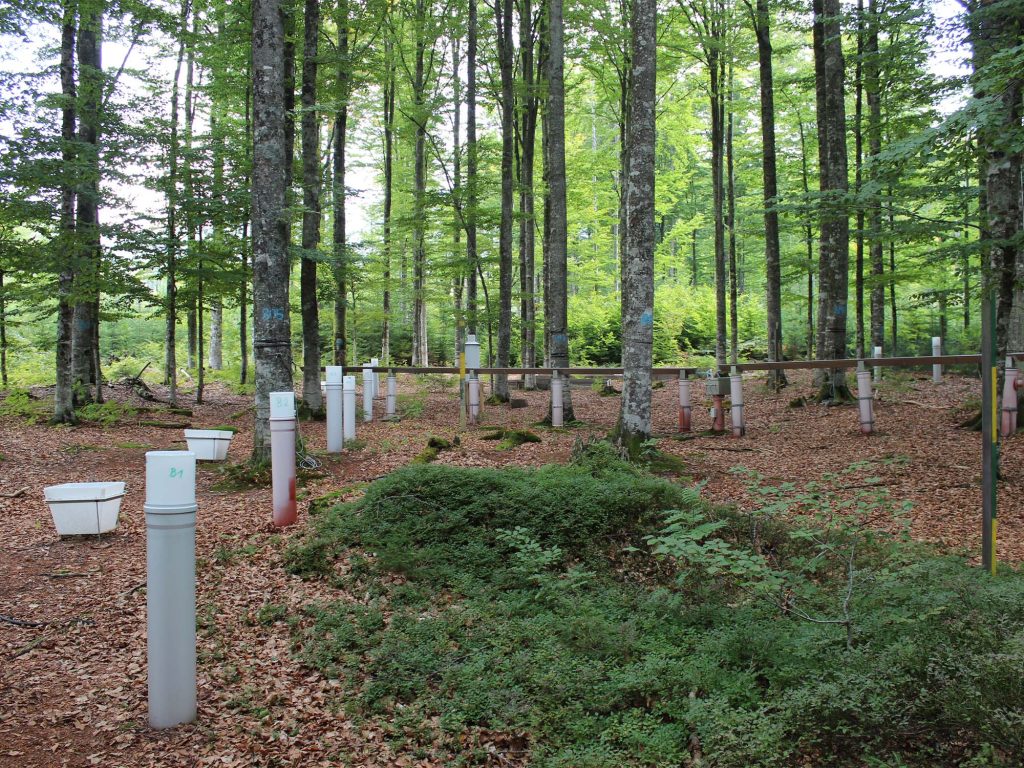Air pollution poses a significant threat to our health, environment, biodiversity, and economies. Originating from sources such as transport, industry, and agriculture, pollutants travel long distances and cross national borders, making air pollution a truly transboundary challenge. Addressing it effectively requires coordinated action across sectors and countries.
Since 1979, United Nations Economic Commission for Europe (UNECE) member States have collaborated under the Convention on Long-range Transboundary Air Pollution to improve air quality across the region. A cornerstone of this effort is the Convention’s Working Group on Effects, established in 1980 to monitor air pollution impacts at the receptor level. Over the decades, it has generated robust scientific evidence on how major air pollutants affect human health and the environment, identified the most vulnerable areas and ecosystems, and fostered a unique international network of scientists. This direct collaboration between experts and policymakers has enabled innovative solutions, built trust, and supported sound policy development.
To further strengthen understanding and engagement in this vital field, a new self-paced e-course, Monitoring Air Pollution Effects under the Convention, is now available on the UN CC:Learn e-learning platform. Developed by the UNECE, the course explores why monitoring air pollution effects matters, how it is done, and how this information supports clean air policies. It has been made available through the UN CC:Learn Affiliation Programme, which showcases high-quality external climate learning products that complement the UN CC:Learn portfolio.
What will you learn?
After completing the course, learners will be able to:
- Identify the main effects of air pollution
- Outline the objectives of the effects-related work under the Convention
- Describe methods to monitor air pollution effects
- Outline how effects assessments can support policy-making
Who is this course for?
This course is primarily designed to strengthen the capacities of staff working in ministries and technical institutions engaged with the Convention and its protocols. It will help learners contribute to national and Convention-level work on air pollution effects, an essential foundation for designing effective clean air policies. It is also aimed at academics, NGO representatives, and individuals interested in the study and monitoring of air pollution effects, including those working beyond the Convention’s framework.
Will you get a certificate?
Yes. Learners can take an assessment at the end of the course to obtain a UNECE certificate of completion. After achieving a minimum passing score of 70% within three attempts, participants will be able to download their certificate directly from the course’s “certification” page.

